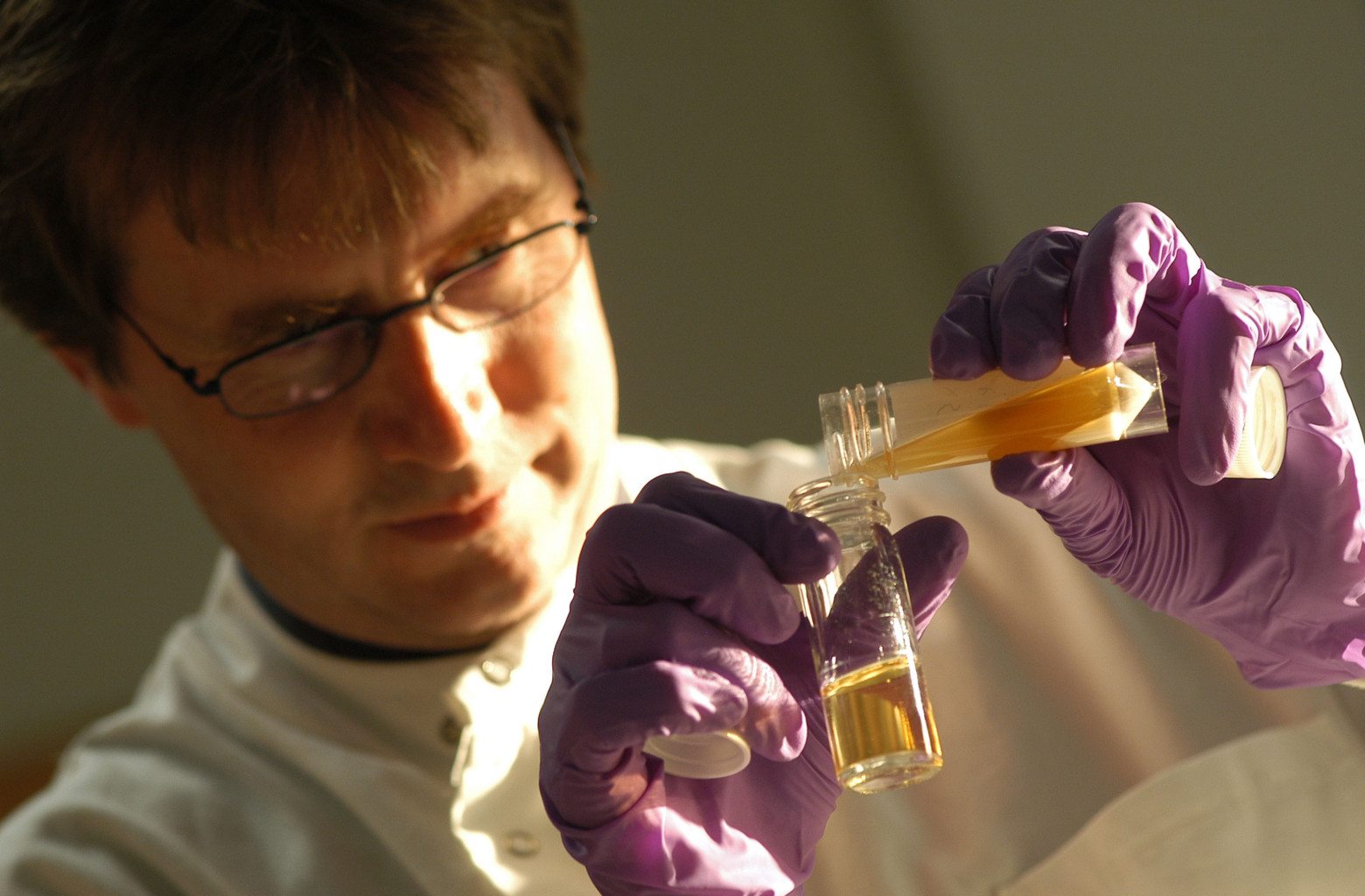Warwick partners with China for synthetic biology
The University of Warwick has extended its network of global university contacts after receiving a £25,000 grant to partner with scientists at Chinese institutions.
Warwick is one of five universities sharing a grant of £124,000, along with Nottingham, Edinburgh, Manchester and University College London.
The grants have been awarded as part of the Synthetic Biology China Partnering Award from the Biotechnology and Biological Sciences Research Council (BBSRC).
The award aims to facilitate the “development of tools and strategy for synthetic biology,” as well as helping to increase “the use of synthetic biology for pollution control and bioremediation.”
According to BBSRC chief executive Professor Douglas Kell, the field of research also has the potential to benefit both the production of antibiotics and the manufacturing of low carbon fuels.
The Chinese Academy of Sciences (CAS) is providing a further £124,000 to fund researchers in China.
Warwick University Professor Gregory Challis will be using the grant to link up with Professor Shuan-Yang Tan at the Chinese Academy of Sciences Institute of Microbiology in Beijing.
The pair will collaborate on the development of synthetic biology approaches for the identification and structural diversification of novel antibiotics.
Professor Challis commented: “There is a pressing need to discover new antibiotics to tackle the emerging healthcare crisis being caused by antibiotic resistance.
“My research group is already engaged in an exciting collaboration with Professor Ying Huang at the Chinese Academy of Sciences Institute of Microbiology focussed on the discovery of new antibiotics.
“This grant will allow us to extend the scope of the collaboration and include other academic partners, both at Warwick and in Beijing.”
Professor Douglas Kell added: “co-funded initiatives such as this scheme will see British and Chinese scientists learning from each others’ expertise and benefitting from the globalisation of excellent science.”
CAS representative Cao Jinghua concurred: “The idea of this programme is to put the best minds together.”

Comments